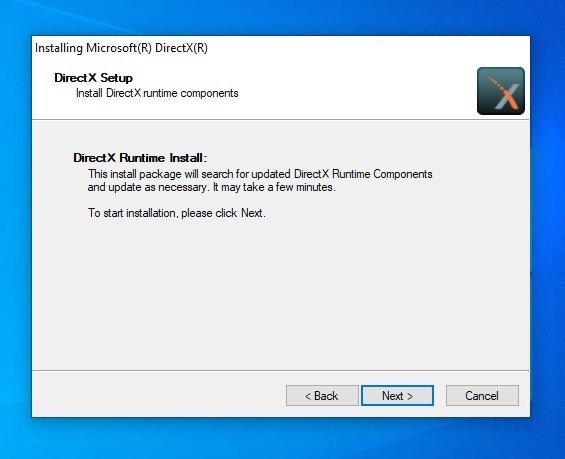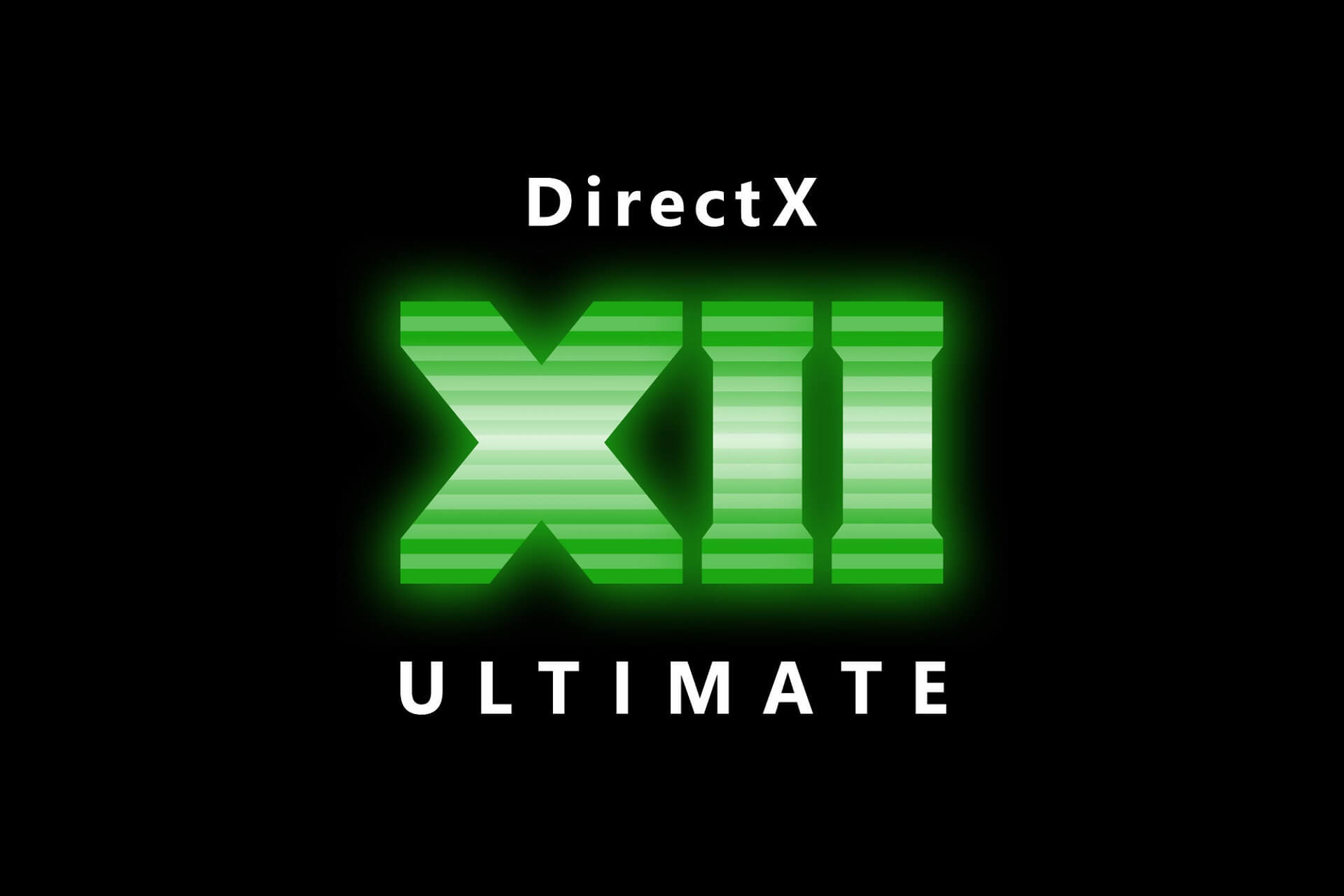

Net developers) DirectX 9.0 headers & libraries Sample applications and source code miscellaneous tools and utilities. Major components include: DirectX 9.0 system components (runtimes) DirectX 9.0 Application Programming Interface (API) Documentation for each of the DirectX core areas (written for C++, C#, or Visual Basic. The SDK contains all DirectX software required to create DirectX 9.0 compliant applications in C/C++, C#, and Visual Basic.

This download includes the complete Microsoft DirectX 9.0 Software Development Kit (SDK). We recommend Windows Millennium and XP users create a 'System Restore' point before installing. The DirectX 9.0 runtime cannot be uninstalled. In Windows Vista, DirectX is only provided for backward compatibility purpose as it’s officially using DirectX 10.DirectX 9.0c includes security and performance updates, along with many new features across all technologies, which can be accessed by applications using the DirectX 9.0 APIs. Both 32-bit and 64-bit editions is supported. So it’s recommended to turn on System Restore to create a restore point before installing.ĭirectX supports Windows 2000 Windows Home Server Windows Server 2003 Windows Server 2008 Windows Vista Windows XP including Windows XP Tablet PC Edition. After installation, DirectX runtime cannot be uninstalled, so user only chance is to use System Restore to rollback the installation. This release (version ) of DirectX installer includes the bi-monthly D3DX, XInput, and Managed DirectX components up to June 2008. The DirectX end-user runtime installation includes all the latest and previous released DirectX runtime. DirectX includes security and performance updates, along with many new features across all technologies.

DirectX is essential for Windows-based computers to run and display applications rich written with DirectX APIs, which handles tasks related to multimedia elements such as full-color graphics, video, 3D animation, and rich audio. Microsoft has released a new version of DirectX End-User Runtime version 9, normally known as DirectX9.


 0 kommentar(er)
0 kommentar(er)
